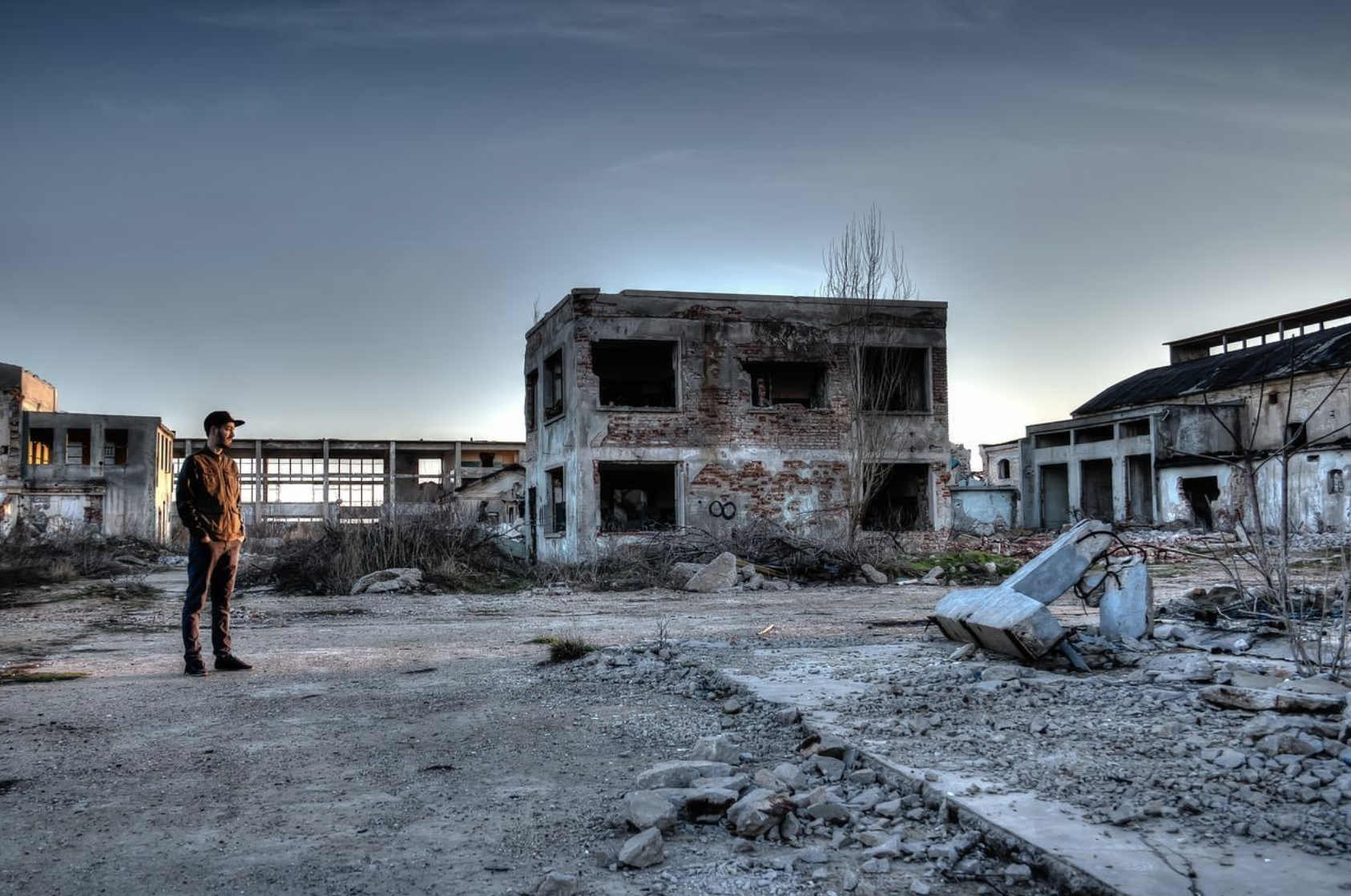
[객원 에디터 7기 / 이석현 기자] Amid escalating tensions in the Middle East, Iran launched a multi-front assault on Israel on April 13th. Hundreds of military drones and waves of ballistic missiles, cruise missiles, and rockets were directed toward Israel from Iran, Iraq, Yemen, and Lebanon. This coordinated attack, believed to be the first direct assault from Iranian soil, is widely viewed as a de facto declaration of war against Israel.
However, despite the scale of the operation, it marked a tactical failure for Iran, according to AP News. Israel’s defense forces reported an interception success rate of nearly 99%, with over 330 incoming weapons neutralized. Minor damage was reported at the Nevatim Airbase, and a 7-year-old girl sustained serious injuries.
The attack was a retaliatory response to the killing of Iranian General Mohammad Reza Zahedi by Israeli airstrikes on April 1st. Zahedi, a high-ranking commander in the Iranian Islamic Revolutionary Guard Corps (IRGC) Quds Force, was allegedly involved in orchestrating terror attacks against Israel and arming Iranian proxies in the region.
Despite past provocations, Iran’s response to Israeli actions has been generally limited. In response, Israel swiftly rallied support from Western allies, including the United States, United Kingdom, France, and Jordan, which intercepted Iranian drones despite threats from Tehran. Israeli officials have vowed a robust response.
The situation poses significant challenges for regional stability. With ongoing conflicts in Gaza and threats from Iranian proxies, risks of escalation remain high. Israel’s military capabilities, coupled with concerns over Iran’s nuclear ambitions, add further complexity to the situation.
Meanwhile, the United States urged restraint and cautioned against further escalation.
Sources: The Conversation, AP News, PressBee





